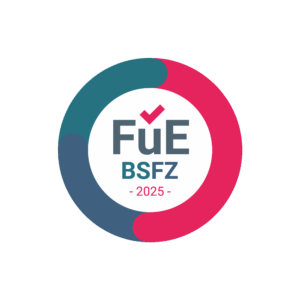
Turning Undefined Queries Into Clear AI Insights
Estimated reading time: 4 minutes
Key Takeaways
- An undefined AI trend request leaves gaps that stall meaningful analysis.
- Actionable posts rely on *specific* keywords, time frames, and authoritative sources.
- Hyperlinking to trusted material—such as trending AI news—boosts credibility and SEO.
- Dictionary-style overviews (e.g., this AI definition reference) are helpful but don’t replace current research.
- Providing target keywords enables a truly SEO-optimized article that resonates with readers.
Table of contents
Why “Undefined” Stalls Content Creation
A request labeled simply as *“undefined”* is like asking a chef to cook “something edible.” It’s possible—but the outcome is unlikely to satisfy specific tastes or nutritional goals. In the context of AI writing, the result risks becoming vague, repetitive, or outdated.
“Clarity is the mother of insight.”
Without clear parameters—such as *industry focus*, *publication date*, or *intended audience*—the writer cannot tailor tone, depth, or examples effectively.
Crafting a Precise AI Brief
- State the **exact topic**: e.g., “Generative AI tools in healthcare billing.”
- Add a **time frame**: “news from the last 7 days.”
- List **preferred sources**: journals, corporate blogs, or datasets.
- Define **audience level**: general public, developers, executives.
Sourcing Up-to-Date AI News
Reliable insight comes from:
- Peer-reviewed journals and preprints.
- Company whitepapers and product release notes.
- Industry analysts summarizing *week-by-week* breakthroughs.
- Accessible explainers on AI in everyday life for contextual grounding.
Selecting Winning SEO Keywords
Once a topic is fixed, choose 3–5 high-intent phrases. Tools like Google Keyword Planner or Ahrefs highlight search volumes. Embedding these terms—alongside authoritative backlinks—signals relevance to search engines and boosts visibility.
Next Steps
Provide your detailed brief and sources. Then, a polished, data-rich article—replete with hyperlinked citations, graphics, and a persuasive narrative—can be drafted in hours, not days.
Frequently Asked Questions
- Why do you need specific keywords for an AI blog post?
Precise keywords align the content with user search intent, making it easier for the right audience to discover the article. - How often should AI sources be updated?
Weekly updates keep the post timely, especially in fast-moving sectors like generative models and regulatory changes. - Can general definitions of AI suffice for a news post?
Definitions are helpful introductions, but readers expect fresh data and insights beyond dictionary descriptions.
Bildquelle:Bildquelle

